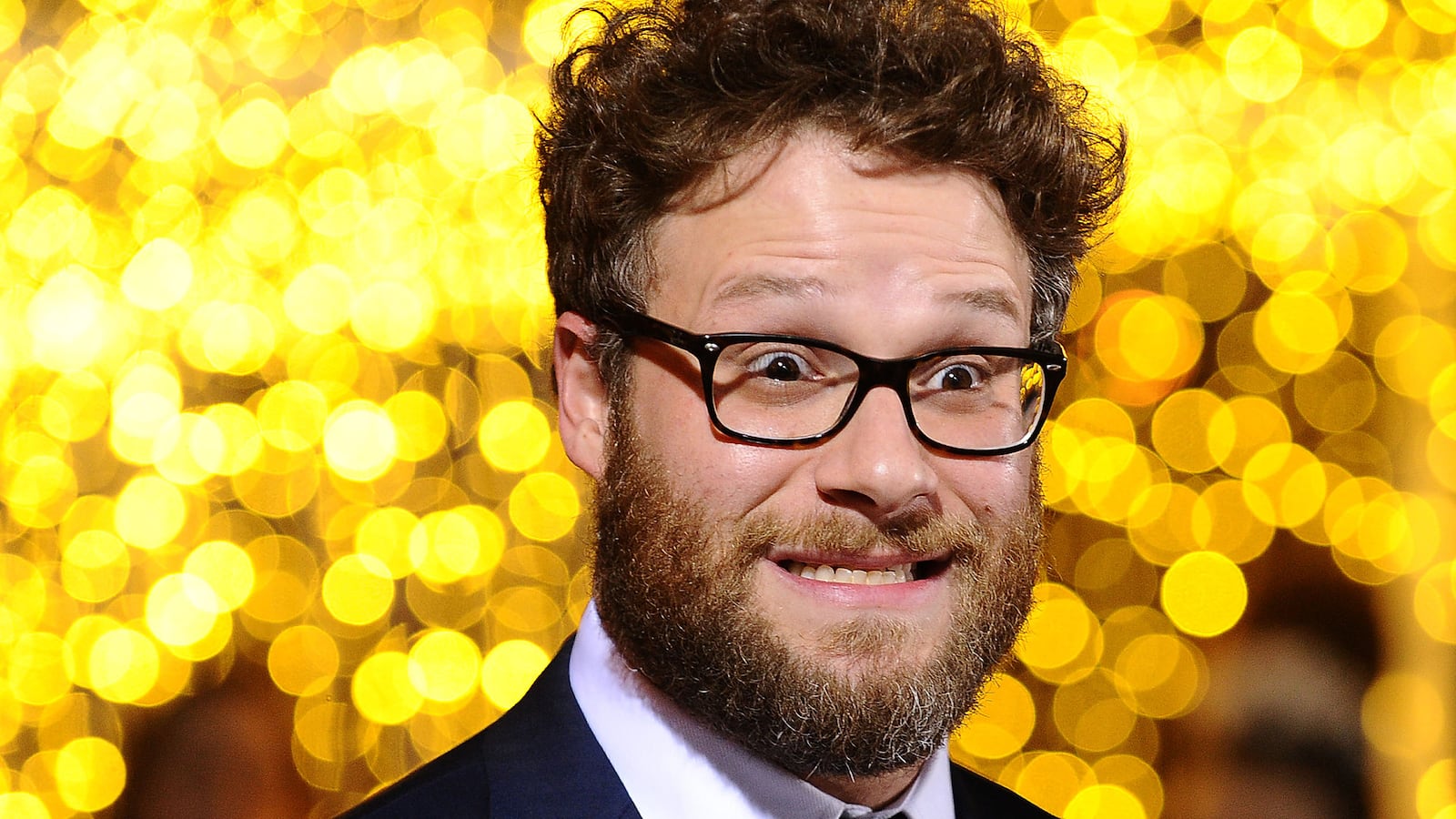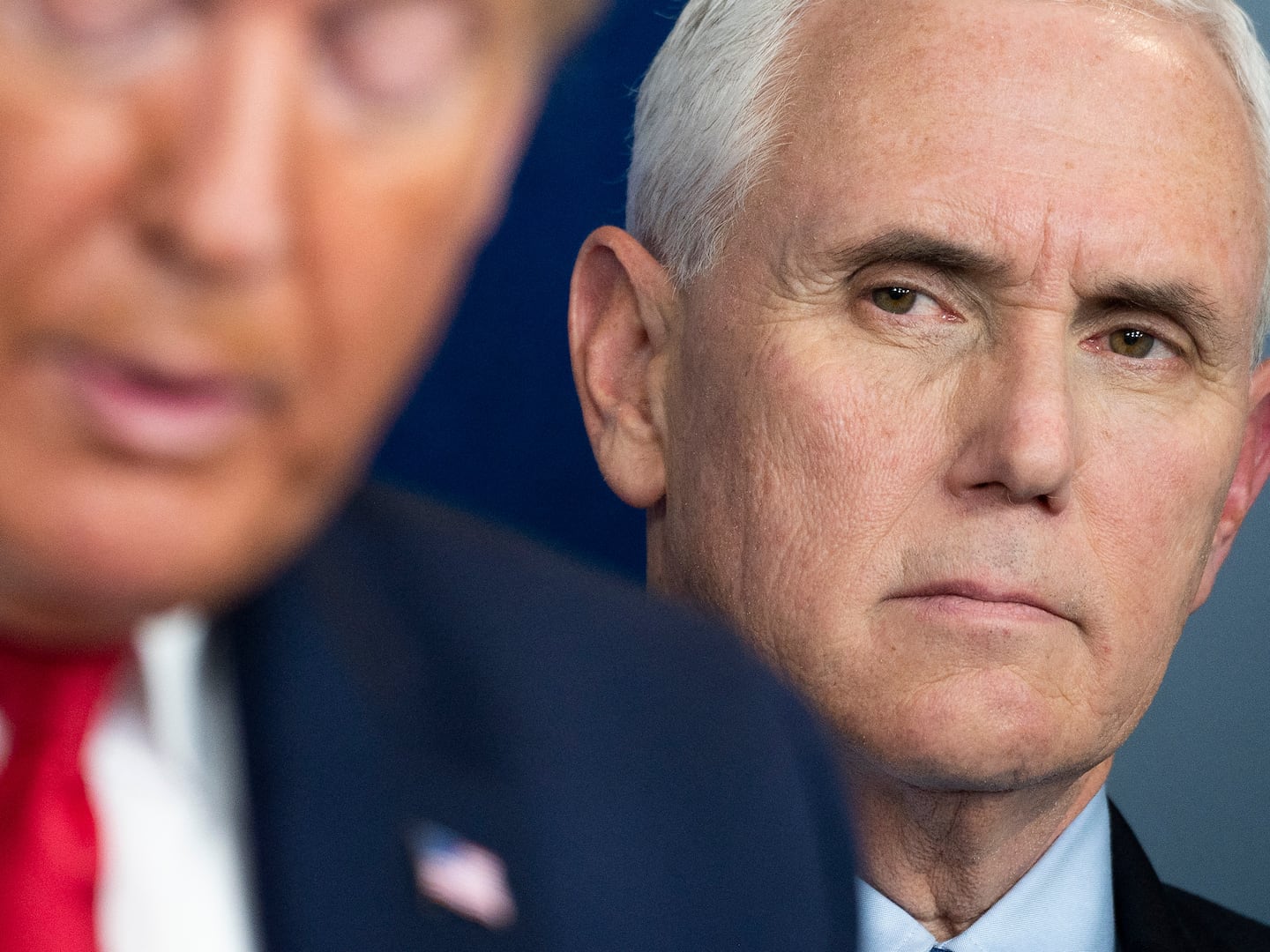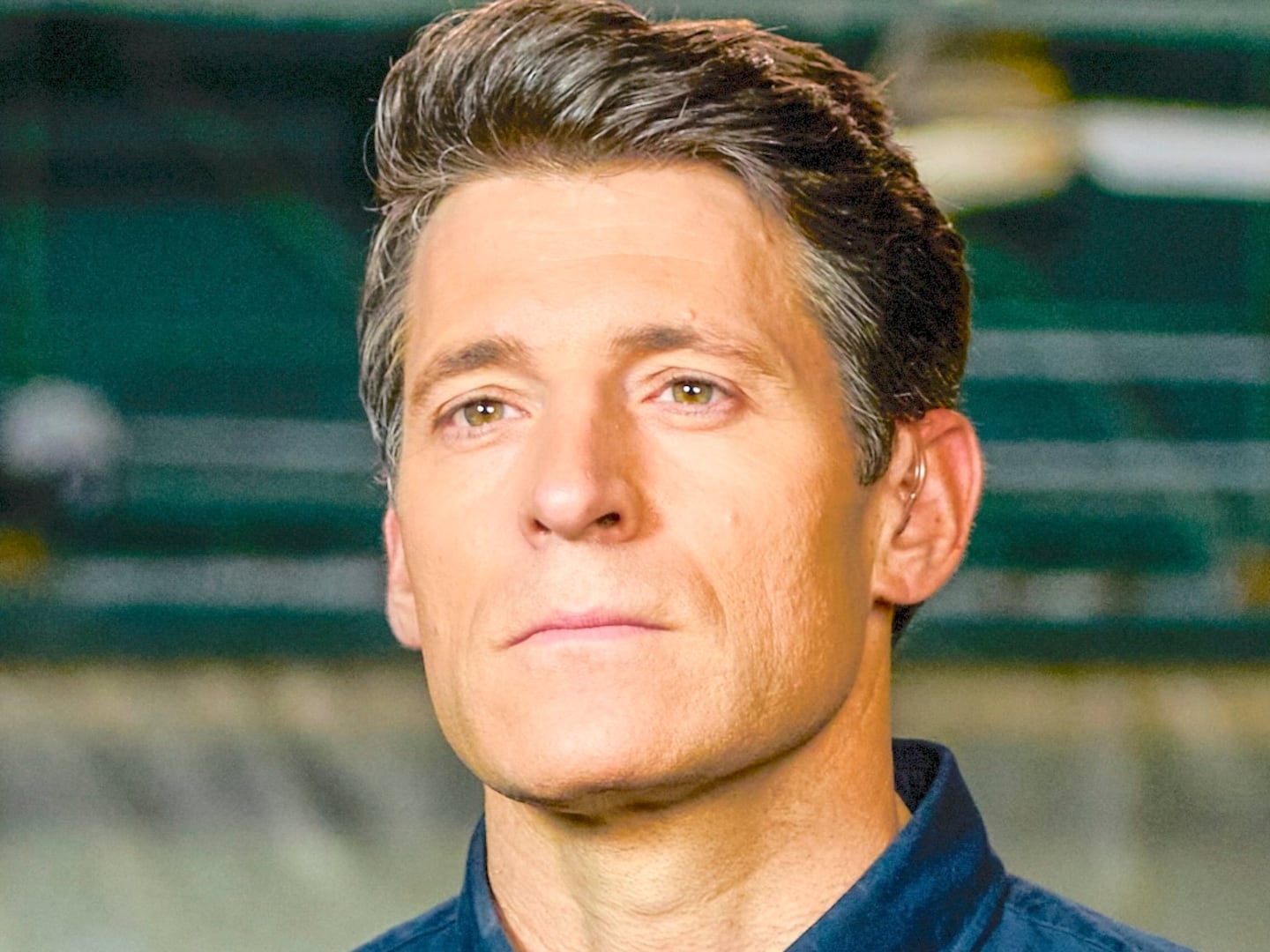Seth Rogen grows up, again, in The Night Before, a Yuletide comedy of wanton drug use, rapid-fire pop culture references, and boisterous boys-will-be-boys debauchery. The story of three childhood friends reuniting, one last time, to get wild and crazy on the night before Christmas—and, and along the way, to face truths about themselves and their romantic and familial relationships—is a rowdy seasonal romp that finds Rogen at the center of a maelstrom of man-child issues.
Decked out in a Star of David sweater, his lawyer struggles with impending fatherhood by getting blitzed on a cocktail of narcotics (provided to him by his generous wife) while trekking through Manhattan in a Red Bull limousine alongside bros Joseph Gordon-Levitt and Anthony Mackie. He’s another profane stunted-adolescent doofus cast in a familiar Rogen mold—and he reconfirms the actor’s maturation into contemporary Hollywood’s reigning comedy star.
While Ben Stiller’s and Will Ferrell’s movies may gross more money, and Adam Sandler may still be a bigger A-lister—though his forthcoming, mired-in-controversy Netflix film will put that status to the test—Rogen has, over the past decade, transformed into the leading comedic voice of his generation by embodying a particular 21st century type: the twenty-and-thirtysomething straining to cope with impending adulthood. Stiller and Ferrell (and a host of others) have also made a mint playing oversized kids. However, Rogen’s characters are more relatable than his contemporaries’ creations, both because they operate in a space more closely resembling the real world, and because Rogen infuses them with traits, interests, and anxieties that are born from his own ‘80s and ‘90s experiences. Unlike Stiller’s neurotics, Sandler’s clowns, or Ferrell’s absurdist cartoons, Rogen plays slightly exaggerated versions of his actual self—or, at least, of his more juvenile self.
Rogen has been basing his material on his own life since high school, when he began working as a stand-up comedian (at the age of 13) making jokes about bar mitzvahs and Sunday school, and when he and lifelong friend and creative partner Evan Goldberg were 15, they penned their first draft of the screenplay for Superbad—a film eventually made in 2007 with Jonah Hill and Michael Cera that thrives courtesy of its natural, genuine feel for teen outsider-dom, friendship, revelry, and fears about the forthcoming transition to college. Superbad recognizes—and exploits for humor—everyone’s trepidation over aging, and the realities and obligations that process entails. Rogen has made that unease the hallmark of his big-screen identity, and the result has been a decade-long run of projects defined by the actor’s preternatural gift for mining a generation’s private hang-ups and pop culture pastimes to consistently amusing ends.

Hovering over Rogen’s career is Judd Apatow, who gave the actor his first break on the short-lived (if critically hailed) TV show Freaks & Geeks, and then continued to cast him in projects, most notably as a cameraman in 2004’s Anchorman: The Legend of Ron Burgundy, as one of Steve Carell’s ribald co-workers in 2005’s The 40-Year-Old Virgin, and then as the lead in 2007’s Knocked Up. Those films, as well as subsequent efforts like 2008’s Pineapple Express, Zack and Miri Make a Porno, and 2009’s Funny People, are all marked by a very precise sort of Rogen character: a post-college man who’s comfortable cracking lewd jokes and smoking weed with friends, but who’s far less sure of himself when it comes to romantic opportunities or situations that require him to act his age (or at least, to act older than fifteen).
Just as crucially, his characters have evolved at the same rate that he (and his audience) has, so that while Knocked Up finds Rogen endeavoring to deal with the possibility of suddenly becoming a parent—and thus giving up his go-nowhere, responsibility-free existence—2014’s Neighbors takes place further down life’s road, with Rogen as a happily married father trying to fight his urges to regress to his rebellious, youthful ways.
In all his starring vehicles, including 2011’s tonally off-kilter superhero adventure The Green Hornet and the relationship drama Take This Waltz, Rogen pinpoints a specific pre-millennial strain of terror over the prospect of outgrowing one’s carefree, blunts-and-PlayStation partying. Rogen’s fans invariably see themselves in his characters—save, perhaps, for the psychotic security guard of 2009’s Observe and Report, which still stands as the actor’s greatest acting risk. More importantly, they embrace him because he offers a best-of-both-worlds cinematic fantasy: namely, the down-for-anything funnyman who eventually has to get his shit together, played by an actor who walks the walk (Rogen is a pro-pot comedian who comes across as laid-back and down to Earth) and yet whose multi-hyphenate success proves that he’s anything but a slacker.
In recent years, Rogen has expanded beyond Apatow’s tutelage to become a creative force himself, serving as a writer, producer, and director on a host of films—the cancer dramedy 50/50, Barbara Streisand comedy The Guilt Trip, apocalypse-with-friends satire This is the End, and last year’s controversial The Interview—that have allowed him to directly shape, and develop, his ongoing portrait of the rocky path to manhood. In the process, he’s become an engaging, easygoing screen presence who’s equally comfortable riffing improvisationally in The 40-Year-Old Virgin or going dramatically toe-to-toe with Michael Fassbender in this fall’s Steve Jobs.
Moreover, like his characters, he’s loyal to his friends and collaborators, including Hill, Gordon-Levitt, and James Franco—who appeared opposite Rogen in one of the funniest music video parodies ever made—and with next year’s AMC series Preacher, based on the cult ‘90s comic he loved, Rogen will again show off the behind-the-camera skills he first displayed with This is the End and The Interview, helming the show’s nine first-season episodes alongside Goldberg.
It’s no surprise, then, that the best thing about The Night Before is Rogen’s performance as a guy so terrified of becoming a dad that he navigates his annual holiday festivities—filled with games of Goldeneye on the Nintendo 64, and a group karaoke performance of Run-DMC’s “Christmas in Hollis”—through a perpetual haze of marijuana, cocaine, and magical mushrooms. Those circumstances result in off-the-wall insanity that’s funny precisely because it’s born from the everyday angst of trying to straddle the line between his former (childish) and future (adult) selves. It’s a tightrope act expertly performed by the affable, uproarious Rogen, who seems like the popular high school jokester who just happened to parlay his wisecracking classroom goofiness into a Hollywood career—and who, consequently, has grown up into a megastar by being painfully, hilariously true to himself.






